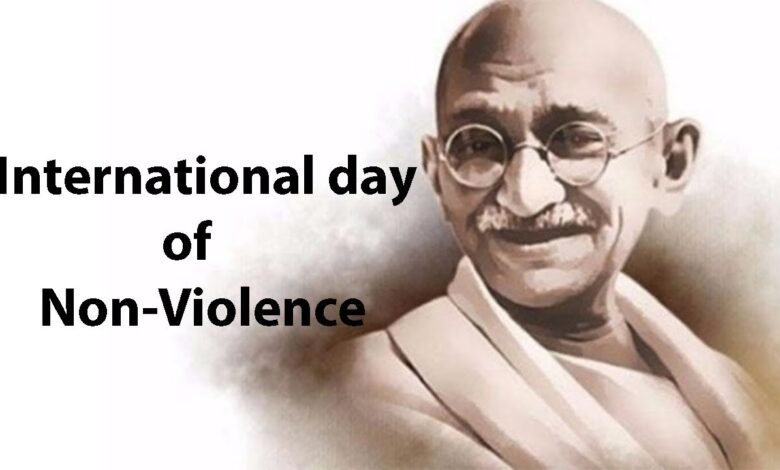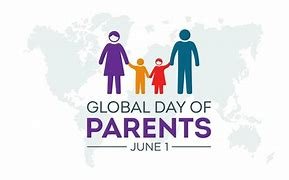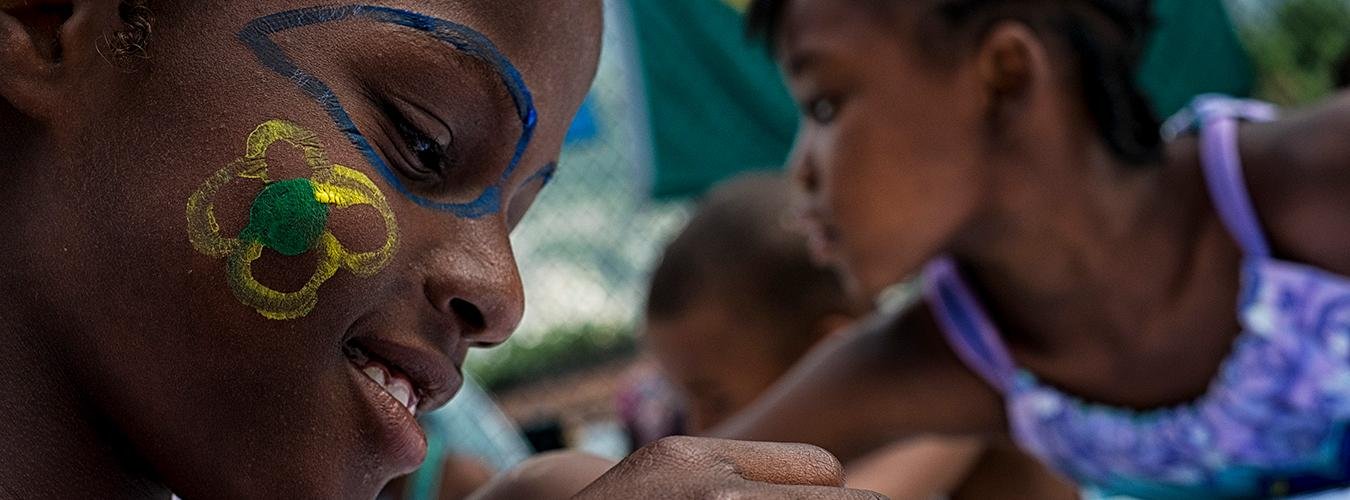International Day of Non-Violence: Honoring Gandhi’s Legacy of Peace

Every year on October 2, the world observes the International Day of Non-Violence. Marked on Mahatma Gandhi’s birthday, the day was established by the United Nations in 2007 as a reminder of the enduring power of peace, tolerance, and dialogue.
It emphasizes that conflicts should be resolved without causing harm to others. Through education and public awareness, it encourages individuals, communities, and nations to embrace non-violence as both a principle and a practice.
Gandhi and His Belief in Non-Violence
In today’s world, where dialogue is often replaced by violence and civilians bear the brunt of conflicts, Gandhi’s philosophy remains deeply relevant.
For Gandhi, non-violence was not weakness but a profound form of strength. It meant resisting oppression without hatred, challenging injustice without aggression, and fostering peace through dignity rather than dominance.
Non-violence, as he taught, is the courage to heal divisions, to choose diplomacy over destruction, and to replace cycles of revenge with reconciliation. His example shows that true bravery lies not in retaliation but in building a just, compassionate, and peaceful society for all.
History of the International Day of Non-Violence
Gandhi’s legacy inspired leaders, academics, and civil society to advocate for a day dedicated to non-violence. In 2007, the UN General Assembly passed a resolution inviting all member states to observe October 2 as the International Day of Non-Violence.
Since then, the day has been marked globally, though not as a public holiday in most countries, through awareness campaigns, educational programs, peace marches, and community initiatives that highlight dialogue and peaceful solutions to conflict.
Why the International Day of Non-Violence Matters
This day is significant because it reminds us that:
- Non-violence is not just the absence of conflict but an active force rooted in empathy, justice, and respect.
- Violence often arises when voices are silenced, injustices ignored, or fear dominates.
- Education and awareness can break cycles of harm and retaliation.
- Non-violent action has historically fueled great social transformations.
- By honoring Gandhi’s legacy, we strengthen both personal and collective responsibility for peace.
Valuable Lessons Children Can Learn on International Day of Non-Violence
There are many important lessons children can take away from this day. Here are some of them:
a. Kindness is Strength
Children learn that kindness is a sign of strength, not weakness. By modeling gentle, kind, and respectful behavior, whether in school, playground, or at home, they show real courage.
b. Dialogue Solves Problems
Children understand that violence and fighting are not the way to resolve issues. Instead, through dialogue, listening, and understanding, even difficult problems can be settled peacefully.
c. Respect Differences
They learn that people are different in how they look, think, and act, and that these differences should be respected. Every person deserves fairness, dignity, and equal treatment.
d. Choose Peace Over Anger
Children discover that anger does not have to control their actions. Instead of lashing out, they can express their feelings calmly and choose peaceful ways to respond.
e. Forgiveness
They learn the value of letting go and forgiving those who have wronged them. Forgiveness prevents grudges, heals relationships, and helps build meaningful friendships.
How to Celebrate the International Day of Non-Violence
There are many ways to take part:
- Learn more about Gandhi’s life and philosophy by reading his writings, exploring documentaries, or engaging in conversations about non-violence in the modern world.
- Join or organize peace marches, vigils, or workshops on conflict resolution, nonviolent communication, or mediation.
- Practice small daily acts of kindness, listening without judgment, standing up for someone, or choosing forgiveness over anger.
- Use social media or community platforms to raise awareness, support peace-building groups, and promote dialogue over division.
Conclusion
The International Day of Non-Violence is more than a tribute to Gandhi; it is a call to action. At a time when wars, intolerance, and divisions threaten global peace, Gandhi’s timeless reminder rings true: “Be the change you wish to see in the world.”
Non-violence requires courage, discipline, and sacrifice, but it is the only path that can end cycles of suffering and create lasting peace.
On this day, let us commit to choosing reconciliation over revenge, compassion over cruelty, and peace over hostility. The future of a fair and inclusive world depends on it.





